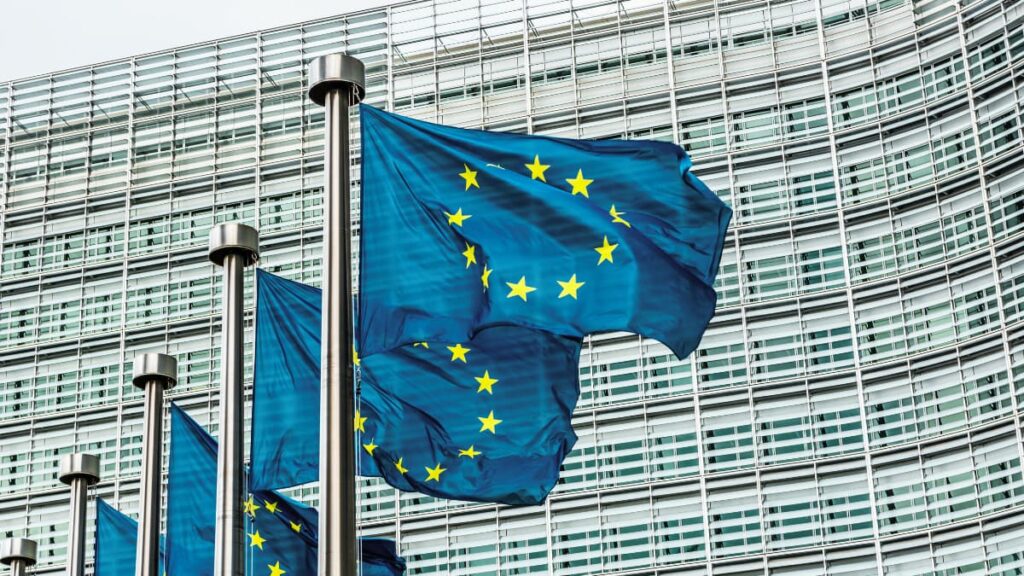The European Union (EU) has called on other nations to adopt its rules for crypto assets, urging the creation of a robust global approach that safeguards consumers and their financial stability, as time passes and more people slowly begin to learn about cryptocurrencies and other crypto assets, the traditional economy’s control measures have been rendered useless and the EU has decided to step forward to change them.
According to a recent Reuters report, EU financial services commissioner Mairead McGuinness said she hoped that the EU’s markets for crypto asset regulation (MiCA) could serve as a model for other countries.
The MiCA, which is set to be rubber-stamped by the European Parliament on Thursday, is the world’s first comprehensive set of rules for the crypto industry, which has been rocked by several collapses in recent times.
The regulation requires crypto firms to obtain authorization from the EU to serve customers within the bloc and adhere to anti-money laundering and anti-terrorism financing measures.
Meanwhile, the MiCA will be introduced in phases, starting in July 2024, to give the sector sufficient time to adapt. Furthermore, it allows crypto firms authorized in one EU state to offer their services across all 27 EU cities, including Paris.
The Green Party lawmaker, Ernest Urtasun, said, the regulation marks the end of the Wild West era for crypto assets.
The European Union (EU) Wants Other Nations To Follow Its Lead

McGuinness, whose officials drafted the MiCA, said: other countries need to play their part by introducing strong rules as well. The UK has already introduced draft rules to regulate crypto assets, but it remains to be seen whether other countries will follow suit. McGuinness also revealed that the commission will study whether further rules are required for decentralized finance (DeFi) and lending and borrowing in crypto assets.
“We believe had FTX been captured under the EU’s jurisdiction, many of its practices would not have been permissible under MiCA,” McGuinness added, referring to the recent collapse of the crypto exchange FTX.
Meanwhile, in an open letter to EU lawmakers, Polygon Labs and Ledger, two prominent crypto companies, called for the revision of Article 30 of the Data Act to account for how smart contracts operate and the potential negative consequences of requiring “safe termination or interruption” of such smart contracts in permissionless systems.
The need for global convergence on crypto regulations is becoming increasingly apparent as more countries take steps to introduce their own rules. While Britain has drafted its own regulations, it is still unclear whether other countries will follow suit.
However, the EU’s move is a significant step towards creating a global regulatory framework that protects consumers and promotes the growth of the crypto industry.










